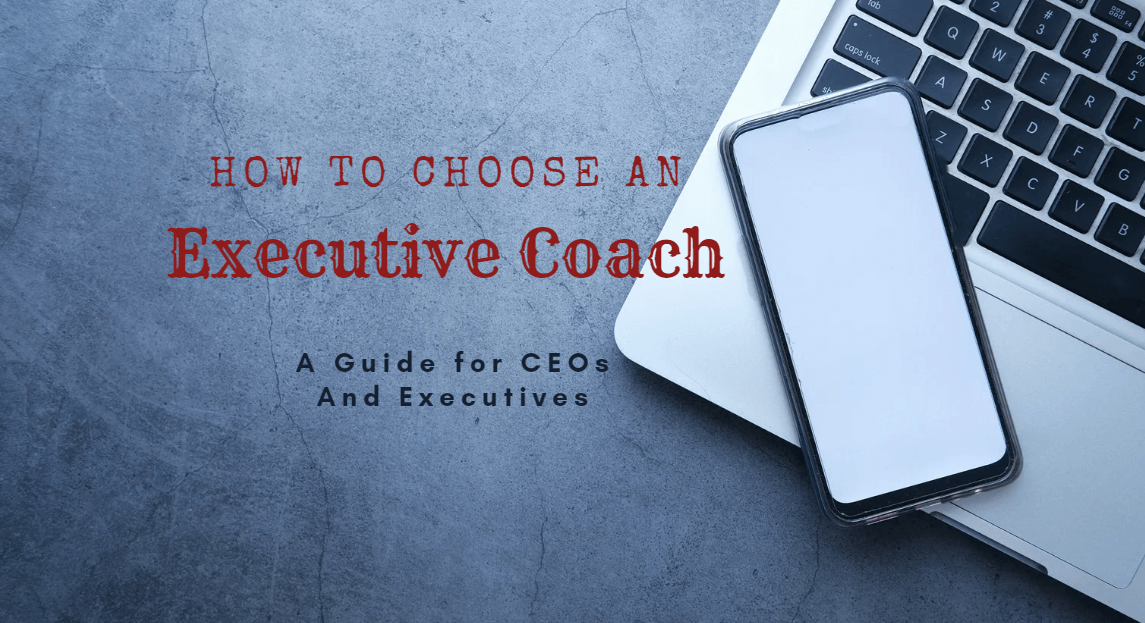How to Choose an Executive Coach: A Guide for CEOs and Executives

As a CEO or executive, the decision to hire an executive coach is an important one. A skilled coach can provide valuable insights, guidance, and support to help you enhance your leadership skills, achieve your goals, and drive organizational success.
However, with thousands of coaches available, it can be challenging to navigate the selection process. In this article, we will discuss the key factors CEOs should consider when choosing an executive coach and offer insights on what to value and what to avoid.
First and foremost, it is crucial for CEOs to be actively involved in the selection process. While staff members may provide recommendations or suggestions, ultimately, the decision should rest with the CEO. The coaching relationship is a highly personal and confidential one, and it is essential that you feel comfortable and have trust in your coach. Therefore, CEOs should take the time to assess their needs, define their coaching goals, and actively participate in the coach selection process.
Factors to consider
When evaluating potential coaches, there are several aspects to consider. These include:
Experience and Expertise: Look for coaches who have a proven track record of working with CEOs and executives. Consider their years of experience, industry knowledge, and whether they have successfully coached individuals in similar roles or situations.
Credentials and Certifications: While coaching is an unregulated industry, certifications from reputable coaching organizations can provide some assurance of a coach's professionalism and adherence to ethical standards.
Chemistry and Compatibility: Building a strong rapport and trust with your coach is crucial for a successful coaching engagement. Consider meeting potential coaches for an initial consultation or interview to assess their communication style, approach, and whether you feel comfortable sharing and working with them.
Specialization and Focus: Different coaches have varying areas of expertise and coaching approaches. Think about what you want to work on with your coach first and look for a coach who specializes in areas relevant to your needs. A coach who understands the challenges you face can provide more targeted support.
Factors to avoid
While considering these factors, it is also essential to be mindful of potential red flags and avoid certain characteristics or behaviors. Some warning signs to watch out for include:
One-Size-Fits-All Approach: Each CEO and executive is unique, and coaching should be tailored to individual needs. Avoid coaches who rely on a rigid, cookie-cutter approach without considering your specific challenges, goals, and organizational context.
Poor Communication and Listening Skills: Effective coaching requires active listening, empathy, and the ability to ask powerful questions. If a coach seems disengaged, fails to understand your perspective, or dominates the conversation without giving you space to share, it may hinder your progress.
Lack of Confidentiality: Confidentiality is paramount in the coaching relationship. Ensure that the coach you choose respects your privacy and maintains strict confidentiality about your discussions and progress.
Limited Availability or Flexibility: Executives often have demanding schedules, and it is crucial to find a coach who can accommodate your availability. A coach who is inaccessible or unwilling to adapt to your needs may not be the right fit.
Choosing the right executive coach can have a profound impact on your professional growth.